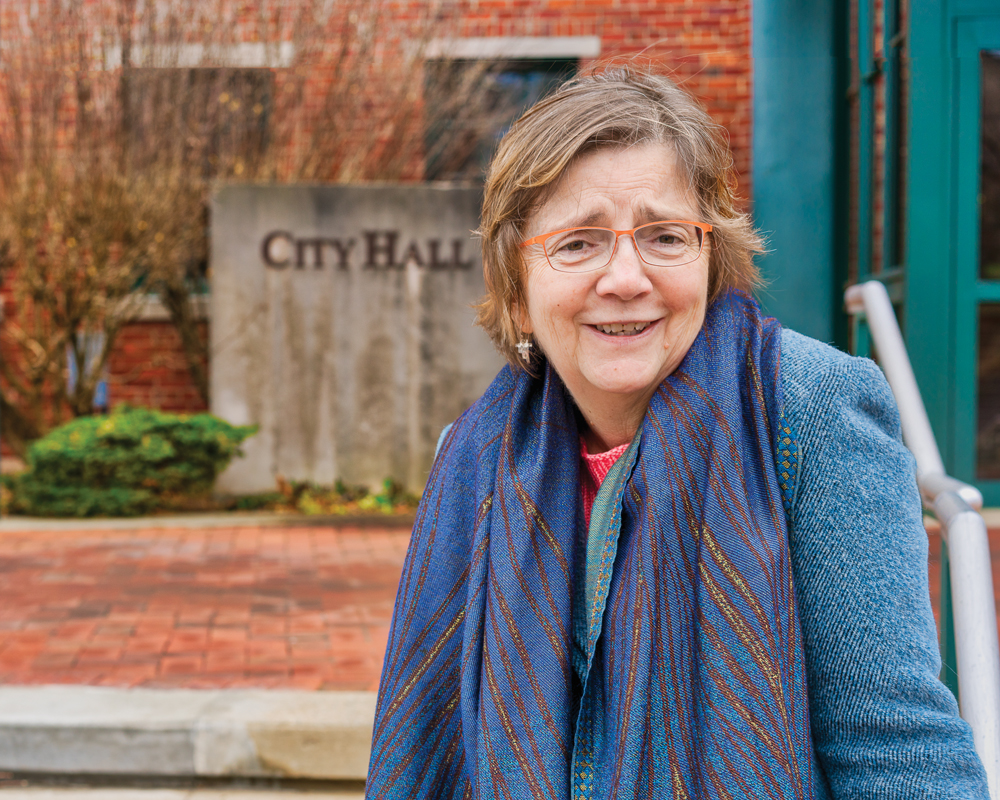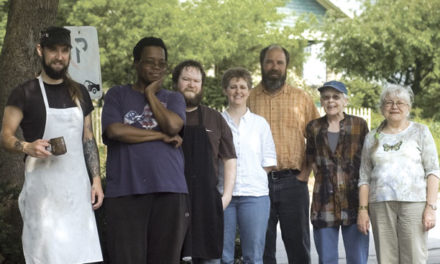
BY CRAIG COLEY
When the Americans with Disabilities Act (ADA) was enacted in 1990, cities across the country were faced with compliance issues. Barbara McKinney had been hired the previous year as Bloomington’s human rights attorney and was immediately charged with planning how the city would comply with new standards for buildings, sidewalks, parking lots, and city services. McKinney has been the city’s ADA coordinator ever since and recently won a statewide award for her work.
“Barbara is an amazing attorney and a wonderful friend to your community, especially when it comes to human rights and the ADA,” says Cathy Gross, director of the Indiana ADA and Title VI Coordinators’ Association, which named McKinney the 2018 Indiana Municipal ADA/Title VI Coordinator of the Year.
Some of the things McKinney has done in her position as ADA coordinator include partnering with the Greater Bloomington Chamber of Commerce to publish a step-by-step guide to making businesses accessible. She also created the Bloomington/Monroe County Special Needs Registry, which provides information to emergency responders about disabled and elderly people.
Her job requires tact in communicating with business owners and landlords,
McKinney says. “We don’t enforce the ADA, but we try to nudge businesses,” she says. “We can file lawsuits, but most businesses will do things that they can afford to do. For old buildings, that’s all that the ADA requires—that you take reasonable steps.”
McKinney says the most common complaint is about landlords not wanting to allow service dogs or emotional support animals in a facility. “Under the Fair Housing Act, which is similar to the ADA, you do have to allow those animals, even if you’re a no-pets facility,” McKinney says. “Landlords hate that.”
While Bloomington has become more accessible over the years, McKinney says implementing the ADA remains an ongoing process. “I’m certain there’s a lot more discrimination than we hear about,” she says. “People call us when they know we’re here. We can’t address things unless we know about them.”
To learn more about the CCA, visit magbloom.com/accessibility.







